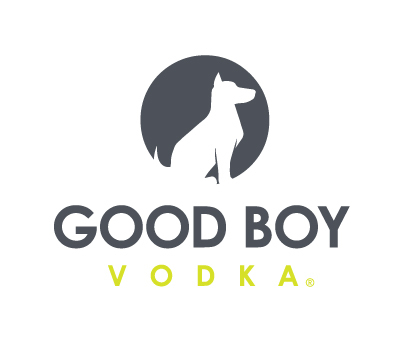Siddhi Capital Closes Fund, Plans For SPAC

What do you get when you combine an operations expert with experienced finance professionals? Apparently, a recipe for cash. Last month Melissa Facchina, founder and CEO of outsourced operations firm Siddhi Ops, and the Finn Family, the backers of Martstar investments, announced the close of their first fund under the newly formed firm Siddhi Capital.
Facchina will also partner with the father and son duo of Brian Finn (the former CEO of Credit Suisse USA) and Steven Finn to launch a special purpose acquisition company (SPAC) as well.
The first fund represents $55 million in capital, $20 million of which is from preexisting investments made by the Finn family and Facchina in food and beverage companies which are now a part of the Siddhi Capital portfolio. The additional $35 million was raised from outside investors, many of whom are experienced executives and founders themselves in industries outside food and beverage, Facchina said. Siddhi capital’s average check size will range from $500,000 to $2 million.
Facchina originally considered becoming an operating partner at an existing fund, many of which have relationships with Siddhi Ops to help “derisk their investments,” but instead decided to partner with the Finns on their own venture. Although she remains as CEO of Siddhi Ops, the day-to-day operations of that business is now managed by COO David McCormick. Brian Finn serves as the Chairman of Siddhi Capital, while Steven Finn is also a co-founder and general partner.
As a result of its unique formation, Siddhi Capital’s portfolio already includes 38 companies including Sakara, hint, No Evil Foods, Maverick Snacks, Noops, Moku and Recess. Fund I also has a broad focus, Facchina said, having invested in both small and large size companies, and is more a “diversification play.” Any future funds will have a more narrow focus, she added.
“If this was a [traditional] fund [start], we would have had a more structured target, we would have gone deeper into companies and we absolutely would have had fewer of them,” Facchina said. “Going forward, there’s two buckets. First, early stage companies where we can be impactful and leverage the Siddhi Ops de-risking capabilities. The other side of the coin is extremely high growth D2C brands.”
Though Siddhi Capital invests across food and beverage, categories of particular interest include plant-based protein and cellular agriculture, as well as low-sugar products and convenient, nutrient-dense products, Facchina said. A company’s ability to be omnichannel with direct-to-consumer sales is also important, she noted, as are consistent growth metrics. Though some brands in the portfolio might be seen as competitors in the same category, for example, plant-based protein companies No Evil Foods and Abbot’s Butcher, Facchina said there’s more then enough room right now for multiple winners — and the operational support is needed.
“In plant-based meat, for early stage and emerging operational needs, we’re sort of the leader,” she said. “If we don’t build the infrastructure and support it, no one is going to. So it’s almost a signaling play for us in the plant-based world.”
Siddhi Ops isn’t the sole place Facchina looks for investments, but it serves as a solid hunting ground, she said. Although Siddhi Capital brands can contract with Siddhi Ops, it’s not mandatory for investments to work with the service provider.
“The industry has gotten so competitive that money alone is no longer truly valuable,” Facchina said. “It’s being able to unlock other things [for brands] as well.”
Meanwhile, Siddhi’s financial aspirations don’t end with the fund. The team has also recently started the legal and planning process to launch a SPAC. Once all paperwork has been processed and Capital raised, they will have 18 months to acquire a target and close the deal. For now, the company isn’t narrowing in on a target other than looking in food and beverage. Rather than looking for one large company to acquire and merge with, Facchina added, the SPAC could also roll up several high growth smaller brands.
“What we’re looking for, clearly, is companies with a high growth rate potential and open market opportunity that frankly the consumer has a non-intimidating reaction to,” Facchina said. “That’s part of the problem with some of the plant-based meats, with some of the weird new innovations the consumer is like ‘what is that? I don’t know enough about that.’ We need to bring a product in first that says ‘I know this.’”
Beth Kaiserman contributed to this story
















